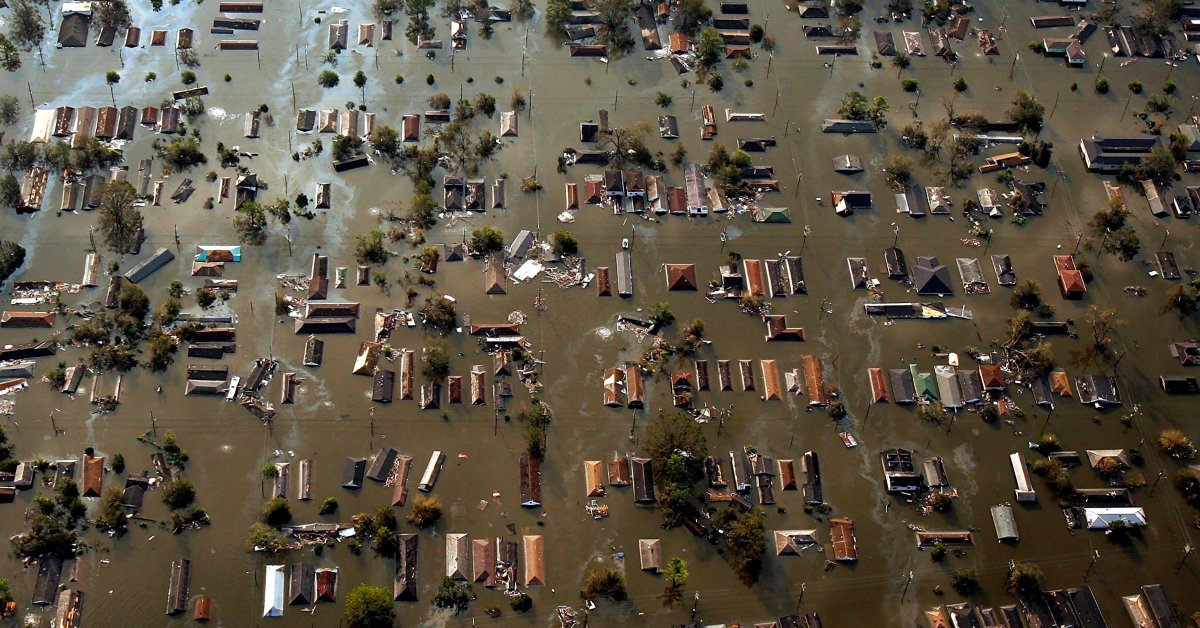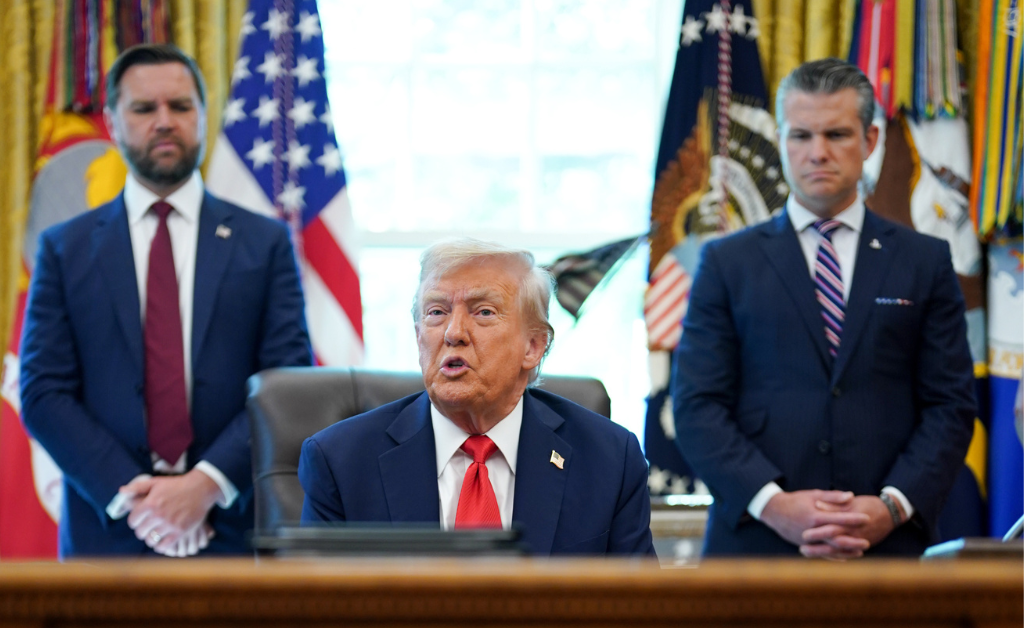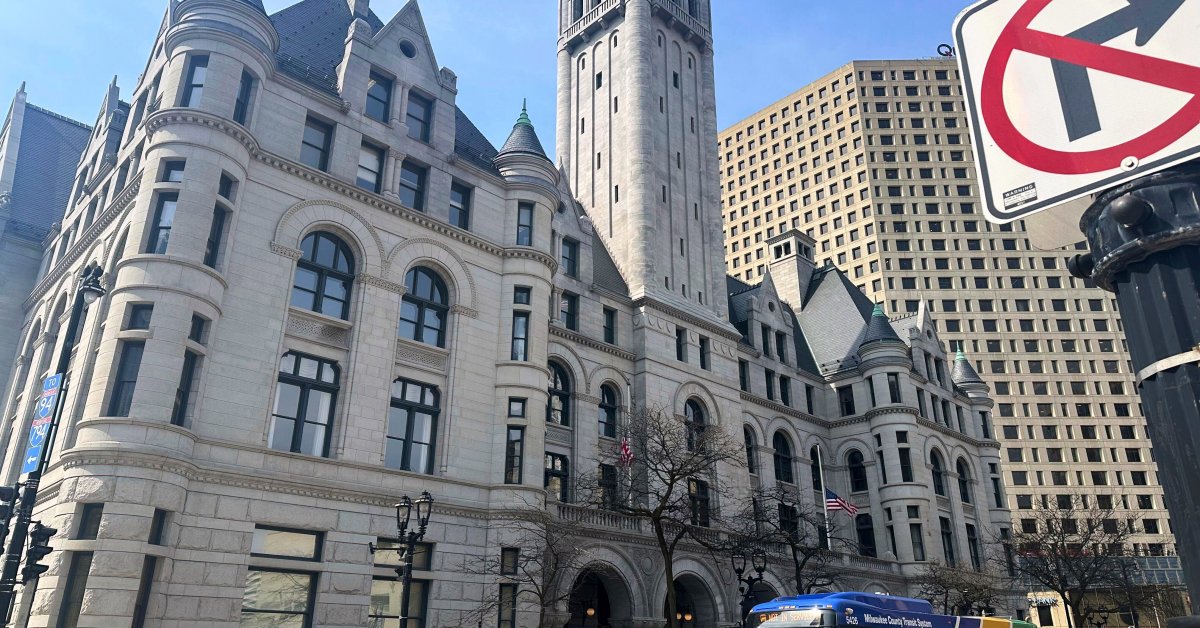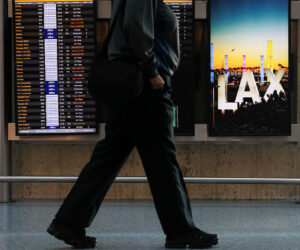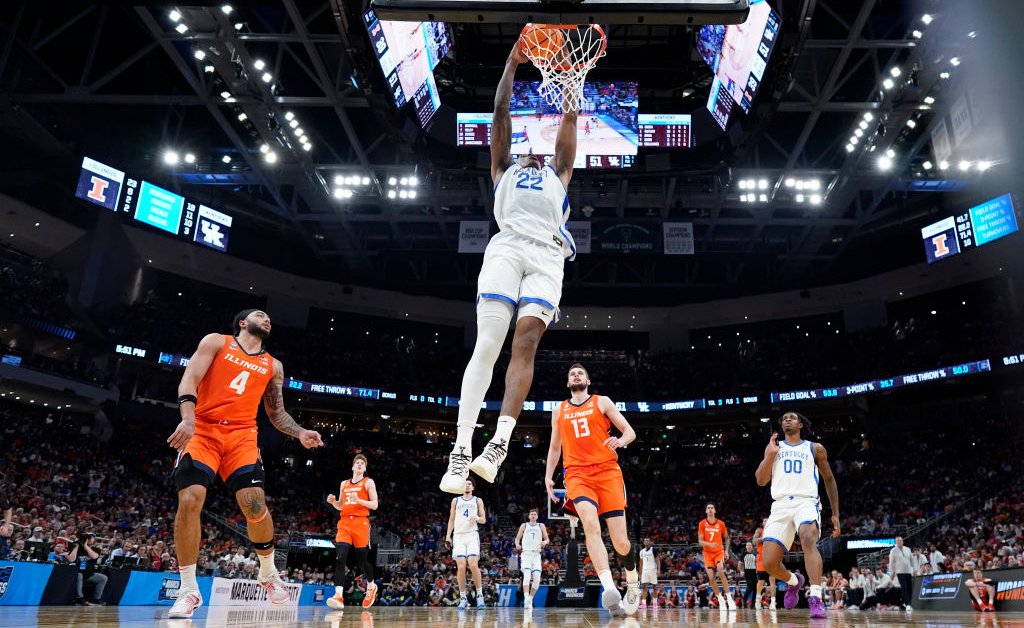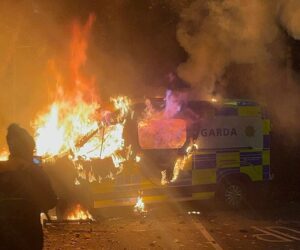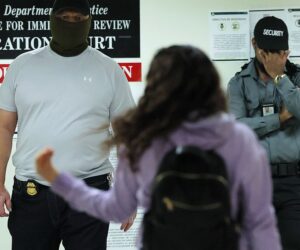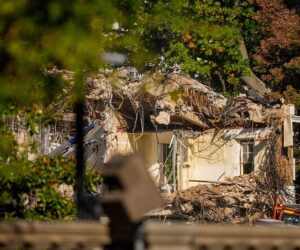I am not from New Orleans. But sometimes, I get honorary status because I have lived and worked here as a news reporter since 1999—and because I gave birth to our son, Hector, the day before Hurricane Katrina at Touro Infirmary, in New Orleans 20 years ago.
Hector wasn’t due until Sept. 11, but he came early. I had my first labor pain at Mattassa’s Market, the corner store on Dauphine Street on August 28, 2005. It was a scorchingly hot Saturday and I had stopped in to buy popsicles. A friend of mine who had come to buy a pack of cigarettes walked me home and waited with me until his dad, trumpeter “Kid Merv” Campbell, finished a brass-band gig that day.
I gave birth Sunday morning, about a day before Hurricane Katrina made landfall. But Katrina, which hit New Orleans on Aug 29. as a category 3 storm, wasn’t the city’s downfall—it was the flooding.
Late Sunday night, as we slept in the hospital with our new baby, we heard a scream from another new mom across the hall. She’d gotten a call from family members in the city’s Lower 9th Ward, who had crawled quickly up to their attic because floodwaters had already enveloped their entire first floor. The first faulty levee had broken open at Jourdan Avenue, spewing 20 feet of water onto the neighborhood, before my son was one day old.
Our family left town by Wednesday and ended up in Phoenix, Arizona for 11 months, where I don’t believe that it rained the entire time. The craggy rocks and cacti felt like an outer-space world sometimes as we made temporary homes there, first with my sister, then with the help of a local Presbyterian congregation that adopted us along with the family of Jeffrey Hills, a New Orleans tuba player.
Anyone who has moved to a new city understands the pangs of being away from a place you love. But post-Katrina displacement felt different. It’s maybe been best described by artist-dancer Michelle Gibson, a New Orleans native, who walked into the audience during her one-woman show and grabbed random people, moving them from one row to another. When one audience member tried to take her purse with her as she was being moved, Gibson told her to leave it there.
The only consolation at those times is that you are with people you care about.

So, in July 2006, when I packed up a U-Haul trailer to leave Phoenix, I traveled in a convoy with the Hills family, which parted ways with me in Texas, where they would stay for another year until they, too, could move closer to home. Hector’s dad would also return home later, on his own.
Not long before the storm, we had moved into an apartment at the edge of the French Quarter which never flooded. In the immediate aftermath, a friend from a flooded area stayed there until we could return. And for the next year, a string of family members and friends slept on our front futon as they commuted every weekend from Texas or Tennessee to rebuild homes in the city. That’s how it went. People found one place to temporarily nest together while finding a more permanent way back home.
It was hard work, coming back. Homeowners finding contractors, doing work themselves. Renters finding places that were affordable, given how much the cost of living rose in New Orleans within a short period of time.
Sometimes, even amid hard times, walking out into the city’s humid air just felt right. Peaceful. It seemed like all the work was worth it.
But those moments came with the realization that many of our former neighbors were unable to return, often because of finances, poor health, or loss of jobs.
The 20th anniversary of Hurricane Katrina has that same bittersweet feeling. We feel a deep sense of tragedy about what happened and those who weren’t able to make it through the storm or back from displacement. We hate how the bills have climbed in our city, which used to be known as an affordable spot to live. My monthly mortgage payment is mostly home-insurance premiums—because we live in a disaster zone.
But what’s honest is that we are happy to be here. As Hector turns 20-years-old, he gives me a kiss and heads to his job as a senior lifeguard at the Andrew P. Sanchez Rec Center in the Lower 9th Ward. Earlier this summer, in what was a major New Orleans story, his team pulled a man from the water and, through CPR, brought his breath and heartbeat back.
There’s something full circle about my hurricane baby protecting swimmers in the Lower 9th Ward from deep water. As he leaves work, he drives past empty lots covered with overgrown grass and solitary stoops left from when houses floated. Whenever he gets home and walks into the house, several other Katrina-era babies from the neighborhood will filter over and the front room will be filled with laughter.
They all spent time in other cities as young children: in Texas, Tennessee, Georgia, and Arizona. But they walked here in thickly humid summer air. And as they talk together now, their New Orleans accents are strong.
This fall, our neighborhood football coach noticed a change in his roster, he told me.
For nearly 20 years, most of his players were born far away from the Big Easy. The students were often born in cities like Houston, Little Rock, Dallas, Atlanta—places where their families were displaced after Hurricane Katrina.
But this year, most of the documents he received from players at the start of their season showed New Orleans hospitals.
For a local New Orleans community, trends like this reflect two decades of regrowth after Hurricane Katrina devastated our city. To me, it’s a sense that New Orleans families may finally have some stability of place—at home.

